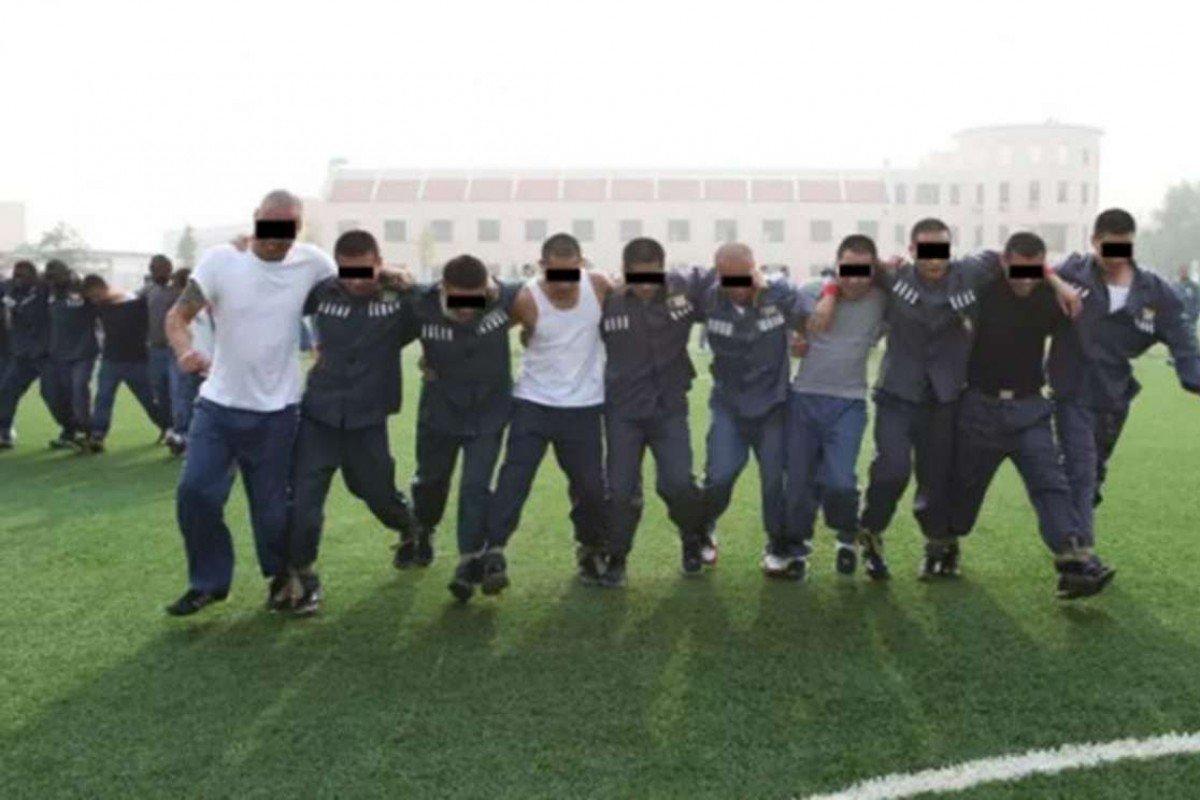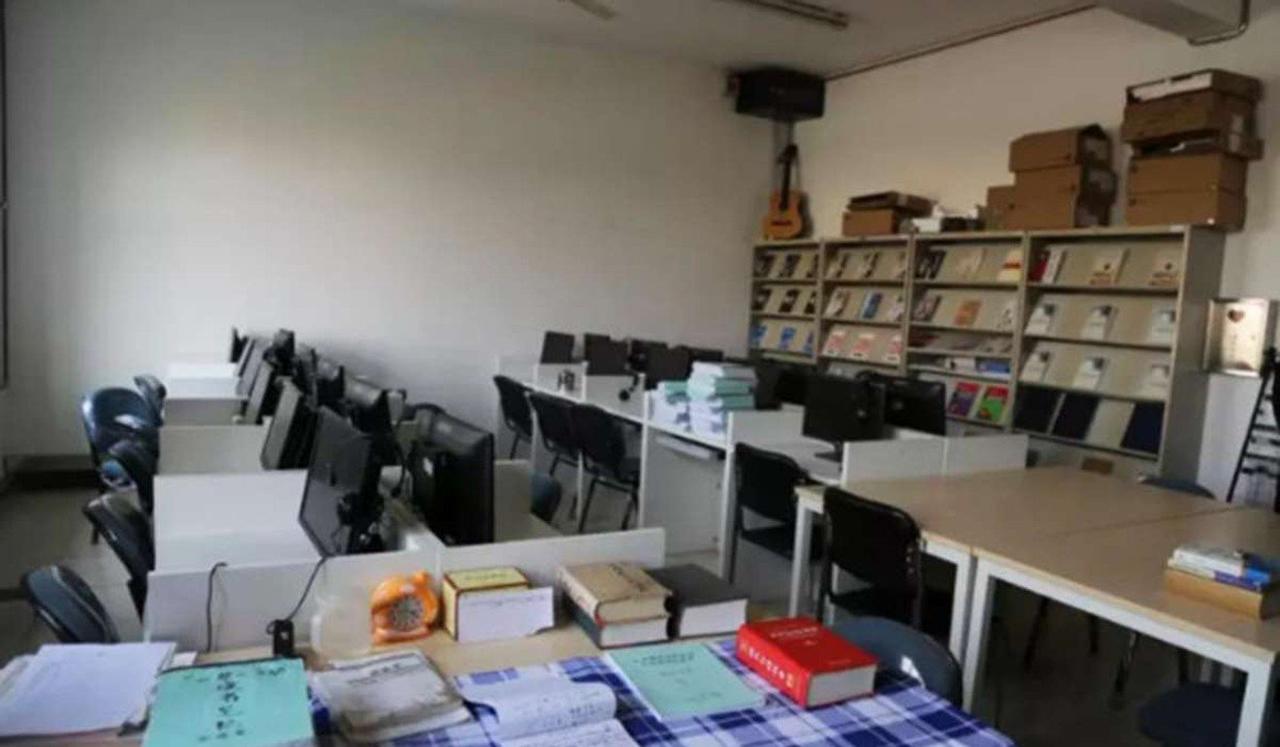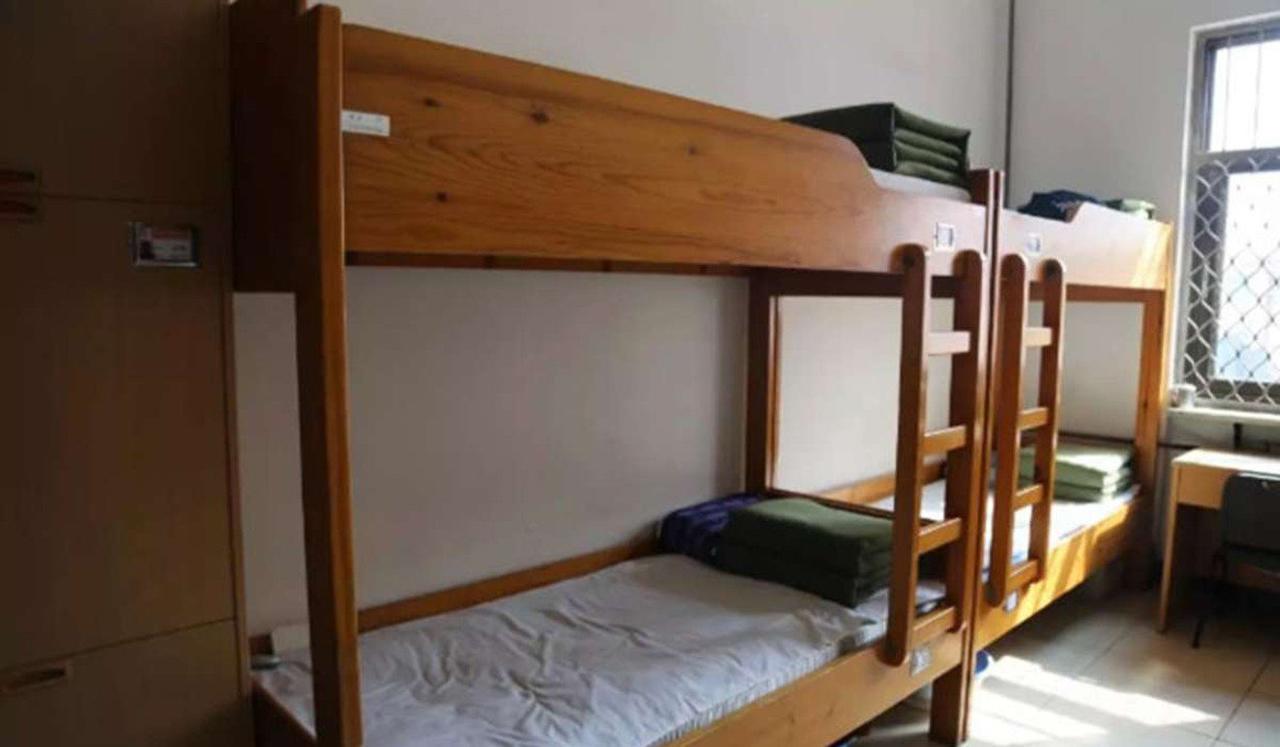A high-security VIP prison in China is deploying an AI monitoring system to surveil convicts – tracking their every move to ‘learn’ their behavioral patterns and flag abnormal activity, according to SCMP.

State-run Yancheng prison has installed a network of cameras in every cell and every corner of the building, which some experts believe will make escape impossible even if inmates are able to bribe the guards (who we expect the system to be used to monitor as well).
After months of intensive construction, the upgrade of surveillance system at the 40-hectare facility in Yanjiao, Hebei is nearly finished, several sources involved in the project confirmed to the South China Morning Post this month.
The new “smart jail” system involves a network of surveillance cameras and hidden sensors that reach out like “neuron fibres”, as one of the sources put it, through the compound with a blanket coverage extending into every cell.
The network collects and streams data to the “brain”, a fast, AI-powered computer that is able to recognise, track and monitor every inmate around the clock, without blinking. –SCMP
The system will produce a comprehensive report at the end of each day, which will include behavioral analysis on each prisoner, using various AI functions such as facial recognition and movement analysis. The reports will be archived, while any abnormalities will be flagged.
“For instance,” said project representative Meng Qingbiao, “if an inmate has been spotted pacing up and down in a room for some time, the machine may regard the phenomenon as suspicious and suggest close-up checks with a human guard.”
The AI system was developed through a joint collaboration between numerous public research institutions, including surveillance technology company Tiandy and Tianjin University.
Meng, a Tiandy employee, claimed the system would knows where a each particular person was and what he or she was doing, no matter how large the inmate population – and there would be no need for a human guard to watch the monitors.
This is in part thanks to advanced facial recognition technology which is capable of handling a huge amount of surveillance targets at the same time. –SCMP
“The cutting edge technology allows each camera to track up to 200 faces at the same time,” said Meng, who added: “Prison breaks will be history.”
VIP treatment
Aside from the whole AI tracking thing, Yancheng has been described as a “luxury prison” due to its host of VIP inmates and relatively comfortable conditions.
Some of the high-profile residents include Gu Kailai, the wife of disgraced former Chongqing party chief Bo Xilai, who is serving life for murdering a British businessman; Rui Chenggang, a former China Central Television anchor who was detained in 2014 for reasons that remain unclear; and a number of high-profile figures who were snared for corruption, such as Zhang Shuguang, the former high-speed rail network’s chief engineer and Nan Yong, former deputy chairman of the national soccer association. –SCMP
Aside from high-profile Chinese citizens, the prison also houses an unspecified number of foreigners, which has been visited by diplomats from many countries who have checked up on inmates.
That said, a team of Chinese government inspectors warned in December that the jail did not fully understand “its political nature in the new era,” and noted that some guards had been engaging in “frequent violations of the rules.”
As a result – the new AI network will now keep a close eye on what’s going on.
Yancheng prison held more than 1,600 prisoners last year, according to a report by Shanghai-based news website Thepaper.cn.
That number has been increasing rapidly in recent years due to the massive anti-corruption campaign launched by President Xi Jinping and many fallen senior officials have ended up inside the jail. –SCMP

Tiandy, meanwhile, has been in discussions with some South American countries to introduce similar technology into prisons which have a history of violence and security breaches.
Ethical questions
The 24-hour surveillance has raised ethical questions among some.
Rules from the UN high commissioner for human rights state that prisoners “shall be treated with the respect due to their inherent dignity and value as human beings”.
Zhang Xuemin, a professor of physiology who has studied human behaviour in extreme environments at Beijing Normal University, said the cameras and AI would “definitely affect” the prisoners’ lives and their mental state.
He also argued that the authorities must consider that supervising humans with machines may backfire in unexpected ways. –SCMP
It’s also possible that some prisoners may find ways to cheat the AI and exploit its weaknesses – though escape through traditional means such as cutting through walls, digging tunnels or squeezing through tiny holes – should be impossible with the AI.
Ding Zhenyang, assistant professor of electric engineering with Tianjin University who had took part in the project, said the prisoners could not beat the AI.
Even if they someone managed to convince the camera that they were not doing anything untoward, they would not be able to leave the prison.
The system was linked not only to cameras but sensors such as optical fibres capable of detecting and locating many types of ground movements. –SCMP
“You may cheat the camera. You may cheat the sensor. But you will not cheat both,” said Zhenyang.
via ZeroHedge News https://ift.tt/2COkxSq Tyler Durden
